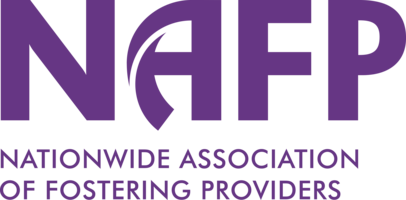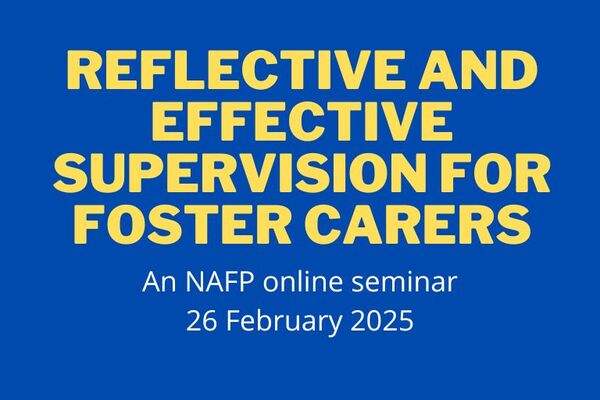Supervision can be outcome-driven, there is an expectation that compliance is considered and actions agreed upon, being process-led (based on policy and following a template from start to end) might give less opportunity to consider how foster carers and their family are “really feeling".
Ensuring foster carers are meeting the expectations of their role is an important element of safeguarding for children, fostering families and the agency. However, having a “duty of care” to foster families must be evident. Both are important elements of robust supervision. Reflective supervision allows stepping back from the immediate, often intense experience of caring for children and allows a space to think about what has been difficult, and what needs to be better, helping carers to see the positives, the strengths as well as any vulnerabilities.
Reflective supervision is truly listening, engaging at a deeper level and not necessarily task-driven, but can lead nicely to a supportive action plan. It is important for carers to feel “held”, and “heard” and there must be time built into regular or separate supervision to do this.
This conference may be beneficial for supervising social workers or managers to help the fostering service develop reflective supervision and embed this within practice.
Together we will consider:
The foundations of a formal supervision
The compliance element of supervising carers
What is a reflective supervision and how to conduct them
Evidencing reflection in supervision and understanding the importance
(this event will be hosted on Zoom - accessibility; delegates will be emailed details of how to join a few days beforehand)





